UNICEF: North Darfur’s El Fasher ‘an epicentre of child suffering’
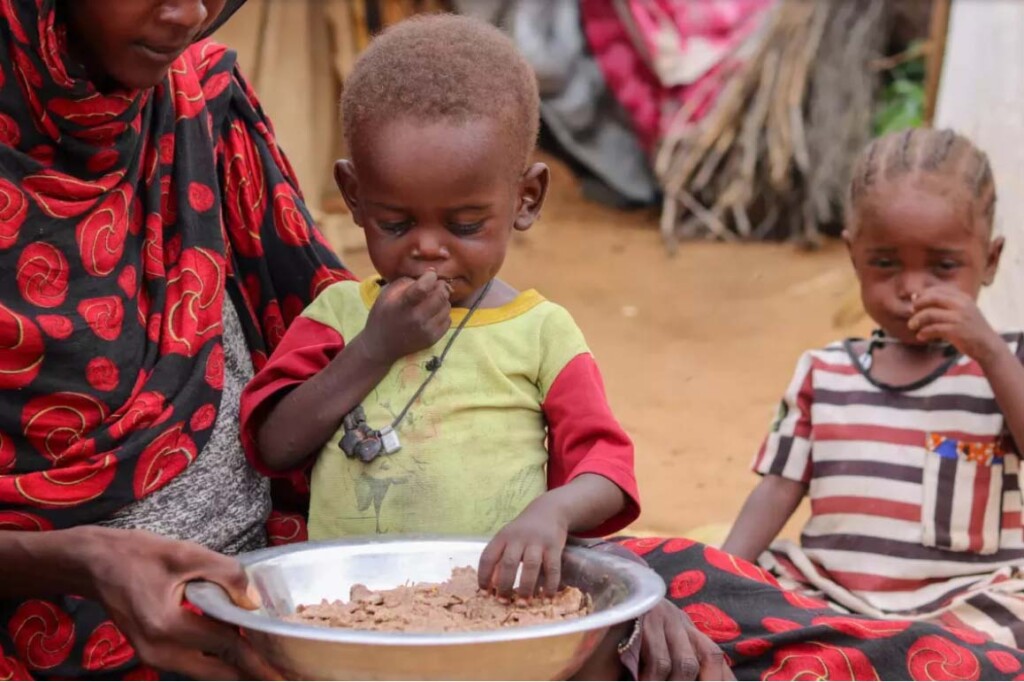
Displaced children in Darfur eat a meal prepared from ambaz (animal feed), which is usually used as animal feed (Photo: UNICEF)
The UN Children’s Fund (UNICEF) has warned that after 500 days under siege, El Fasher, capital of North Darfur, has become “an epicentre of child suffering, with malnutrition, disease, and violence claiming young lives daily”. UNICEF also released two new reports yesterday, entitled Life begins on the run reflects a mother’s journey through conflict and survival, and Trapped by war and hunger, is an account of how mothers in El Fasher struggle to keep their children alive. Both paint a bleak picture of the ongoing humanitarian catastrophe in Darfur, and the challenges faced, especially by women and children.
In a statement on Tuesday, UNICEF laments that at least 600,000 people – half of them children – have been displaced from El Fasher and surrounding camps in recent months. Inside the city, an estimated 260,000 civilians, including 130,000 children, remain trapped in desperate conditions, cut off from aid for more than 16 months.
“We are witnessing a devastating tragedy – children in El Fasher are starving while UNICEF’s lifesaving nutrition services are being blocked,” said UNICEF Executive Director Catherine Russell. “Blocking humanitarian access is a grave violation of children’s rights, and the lives of children are hanging in the balance. UNICEF continues to call for immediate and full access, including through expanded pauses in the fighting to allow us to reach all children in need. Children must be protected at all times, and they must have access to life-saving aid.”
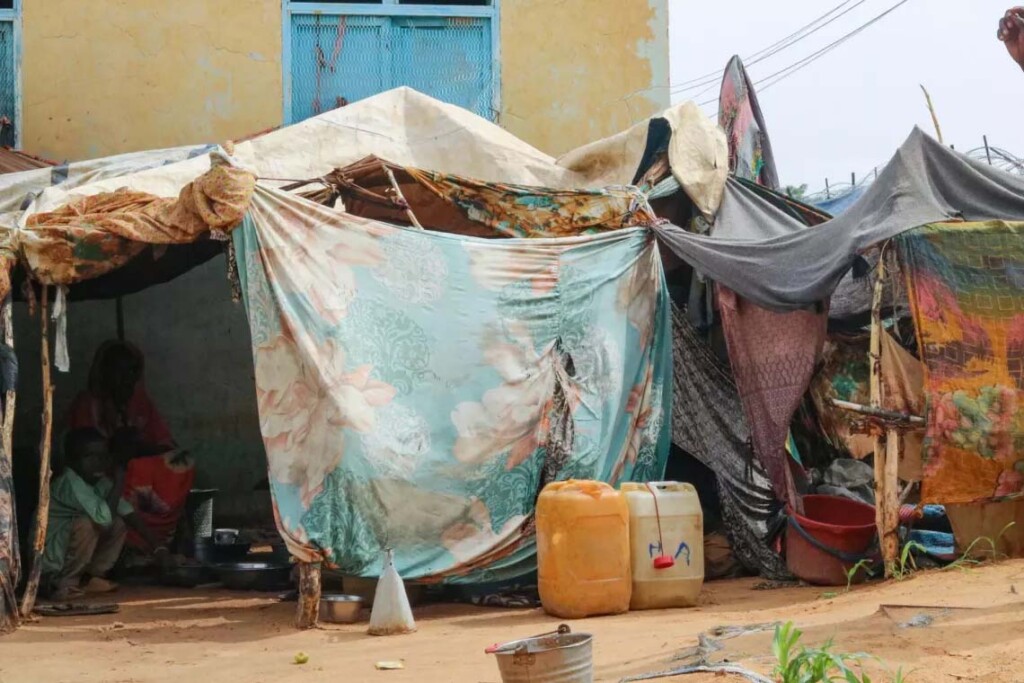
‘1,100+ grave violations verified’
The toll on children is catastrophic. Since the start of the siege in April 2024, more than 1,100 grave violations have been verified in El Fasher alone, including the killing and maiming of over 1,000 children, the UNICEF statement says. Many were struck down in their homes, inside displacement camps, or in marketplaces. At least 23 children have been subjected to rape, gang rape, or sexual abuse, while others have been abducted, recruited, or used by armed groups. Due to limited access and verification challenges, the number of affected children is almost certainly significantly higher.
UNICEF highlights that this week saw reports of another mass casualty event, as seven children were reportedly killed in an attack on Abu Shouk Internally Displacement camp, located on the outskirts of El Fasher.
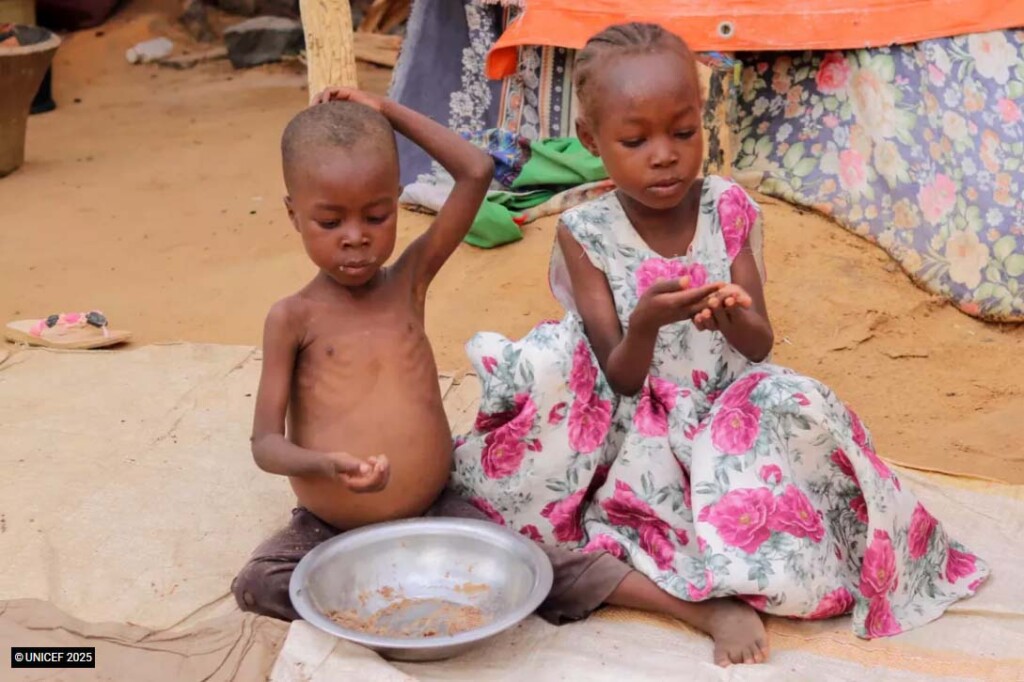
In El Fasher, the Rapid Support Forces (RSF) siege has completely cut off supply lines. Health facilities and mobile nutrition teams have been forced to suspend services as supplies have been depleted without new supplies able to enter, leaving an estimated 6,000 children with Severe Acute Malnutrition (SAM) without treatment. Without therapeutic food and medical care, these children face an exponentially higher risk of death.
Health and education facilities have come under continued attack, with 35 hospitals and 6 schools struck, including El Fasher Saudi Maternal Teaching Hospital, which was hit more than ten times, killing and injuring many, including children. In January, shelling destroyed the therapeutic health centre at Abu Shouk camp, depriving thousands of malnourished children of treatment.
Meanwhile, acute malnutrition is spreading fast. More than 10,000 children in El Fasher have been treated for SAM since January – nearly double last year’s figure. But depletion of supplies have now forced the suspension of services. Recent reports indicate at least 63 people – mostly women and children – died of malnutrition in a single week.
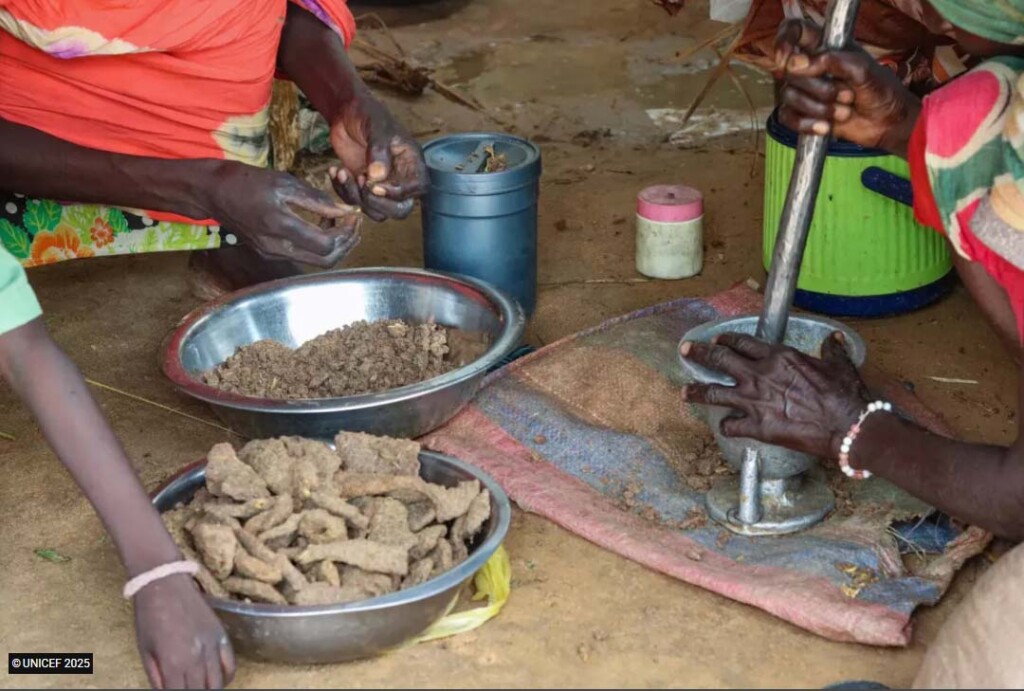
The situation in the wider region is also concerning; In July, Mellit locality – hosting many displaced from El Fasher – recorded an Acute Malnutrition rate of 34.2 per cent, a record high since the onset of the war in April 2023 in Sudan.
The siege is colliding with Sudan’s worst cholera outbreak in decades. Since July 2024, more than 96,000 suspected cases and 2,400 deaths have been reported nationally, with nearly 5,000 cases and 98 deaths in Darfur alone. In overcrowded camps around Tawila, Zamzam, and El Fasher, children weakened by hunger are now highly vulnerable to deadly waterborne disease.
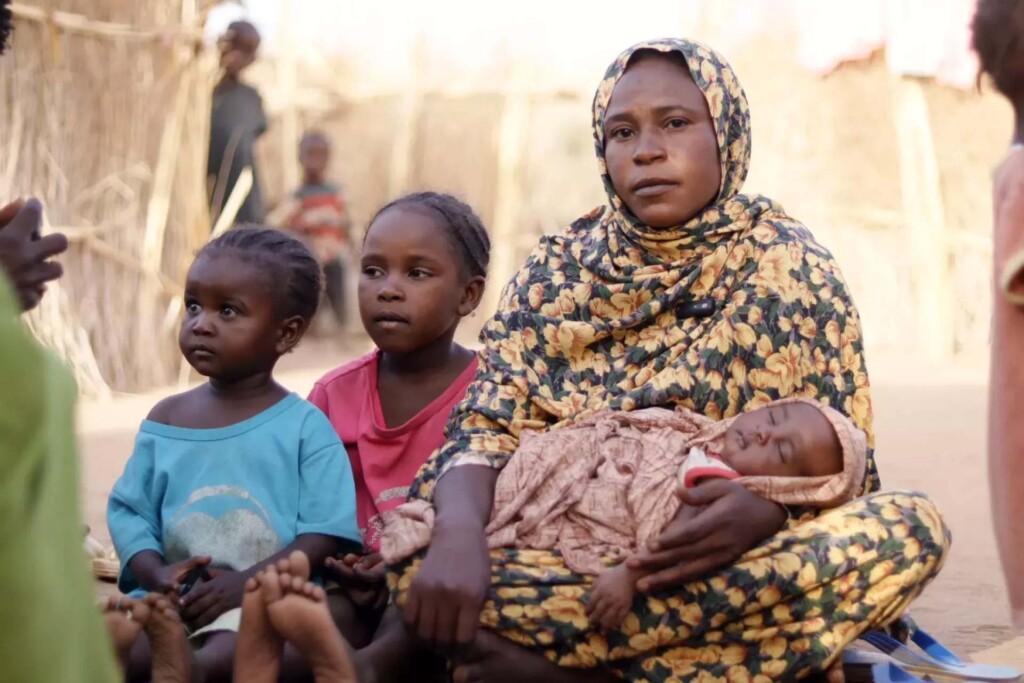
Life begins on the run
The report published by UNICEF on Thursday entitled Life begins on the run reflects a mother’s journey through conflict and survival, is a stark reminder of the challenges facing a displaced woman, who was forced to flee El Fasher for Tawila, shortly after giving birth.
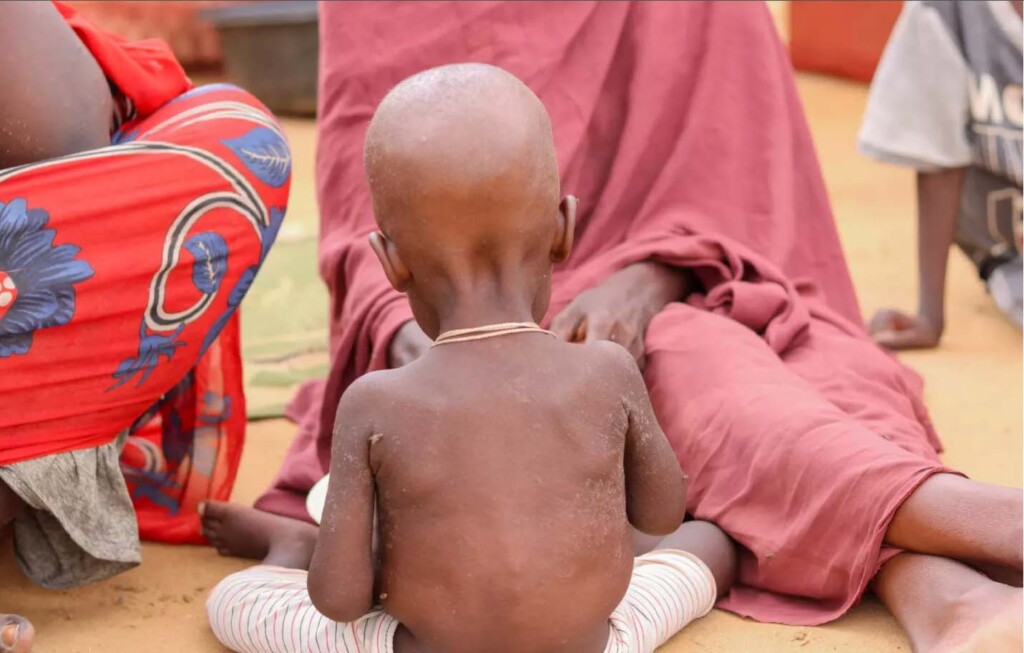
Trapped by war and hunger
The new UNICEF report entitled Trapped by war and hunger, is an account of how mothers in El Fasher struggle to keep their children alive. Both paint a bleak picture of the ongoing humanitarian catastrophe in Darfur, and the challenges faced, especially by women and children.
In its statement, UNICEF continues to call on the government of Sudan, and all other concerned parties, to help ensure sustained, unimpeded, and safe access to reach children wherever they are in Sudan, including: An immediate and sustained humanitarian pause in El Fasher and across other conflict-affected areas. Unimpeded humanitarian access for the delivery of therapeutic food, medicines, clean water, and other essentials. The re-establishment and continuity of UN and partner operations in the areas most critically affected Protection of civilians, including children, and civilian infrastructure in line with international humanitarian law.







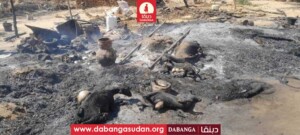
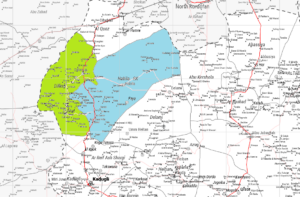


 and then
and then